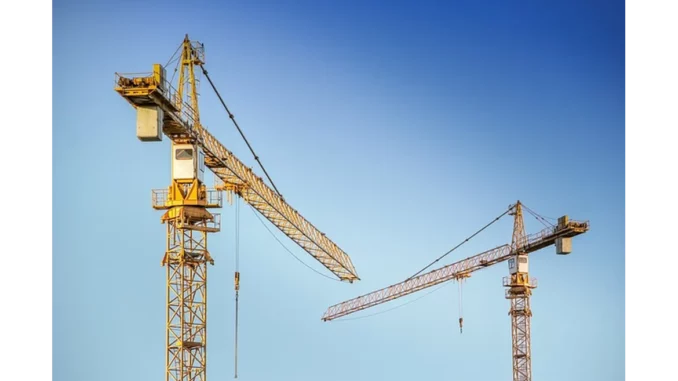
In an age where sustainability is paramount, the road construction industry is undergoing a significant transformation. On a damp afternoon in London, I met with Mark Bowers, a senior project manager at Skanska UK, to explore the pioneering initiatives by Skanska and Holcim that are redefining highway construction across the UK and Europe. Our discussion centred on innovations in recycled tarmac, low-carbon cement, and sustainable materials, which are setting new benchmarks in the field.
Focus360 Energy: property compliance services – pre-planning to post-construction. Learn more.
Mark’s passion for sustainable construction was immediately evident. “It’s an exhilarating time to be part of this industry,” he began, his eyes alight with conviction. “We’re not merely constructing roads; we’re laying the groundwork for a sustainable future.” One of the most remarkable advancements he highlighted was the recycling of tarmac surfaces. This involves removing, reprocessing, and re-laying existing road surfaces, significantly reducing the need for new materials and cutting waste. “Recycling tarmac isn’t just about resource conservation,” he explained. “It’s about maintaining quality and performance while minimising our environmental impact.”
Our conversation naturally turned to the topic of low-carbon cement, a crucial element of sustainable road construction. Traditional cement production is a major source of carbon emissions, but low-carbon alternatives are changing this narrative. “By employing alternative raw materials and more efficient production processes, we’re striking a balance between efficiency and sustainability,” Mark noted. He cited the ambitious M25 project as a testament to Skanska’s dedication to sustainability. This project, which involved widening sections of one of the UK’s busiest motorways, implemented several innovative techniques. “We used recycled aggregates and low-carbon concrete, reducing our carbon emissions by 40% compared to conventional methods,” Mark recounted with evident pride.
The M25 project also introduced warm-mix asphalt technology, which allows asphalt to be produced and laid at lower temperatures, thus reducing energy consumption and emissions. “It’s a game-changer,” Mark commented. “We are constantly seeking ways to push the boundaries and refine our processes.” This shift towards sustainable construction is not limited to Skanska alone. Holcim, a leader in the building materials sector, is equally at the forefront of this transformation. By incorporating recycled plastic, glass, and waste materials from other industries, Holcim is redefining what it means to construct sustainably.
Mark emphasised the collaborative nature of these efforts. “It’s not just about Skanska or Holcim,” he explained. “It’s about the entire industry uniting to tackle a global challenge.” The UK’s Highways Agency has played a crucial role in driving these changes by supporting and implementing sustainable practices across the nation’s road network. John Smith, Chief Executive of the UK’s Highways Agency, has reiterated the agency’s commitment to reducing the carbon footprint of the road network. Recycled materials and low-carbon cement are integral to achieving this goal. “It’s a collective effort,” Mark reiterated. “We’re all working towards the same objective.”
Through our conversation, it became clear that these innovations are not merely technical achievements but also represent a cultural shift within the industry. “There is a growing awareness and responsibility towards our environment,” Mark observed. “It’s about leaving a legacy that we can be proud of.” As our interview concluded, I asked Mark about his vision for the future of road construction. After a moment of reflection, he replied, “I envisage a future where sustainability is not an option but a standard. Where every project, regardless of size, considers its environmental impact. We’re on the right track, but there’s always more work to be done.”
As I left the interview, I pondered the profound impact of these innovations. Skanska and Holcim, along with the broader road construction industry, are not just altering how we build roads; they are encouraging us to reconsider our relationship with the environment. As drivers traverse motorways built with recycled tarmac and low-carbon cement, they become part of a broader movement towards a sustainable future. This movement, propelled by the dedication of individuals like Mark Bowers, is gaining momentum. Through their efforts, a new standard in construction is emerging, one that prioritises the health of our planet for generations to come.


Be the first to comment